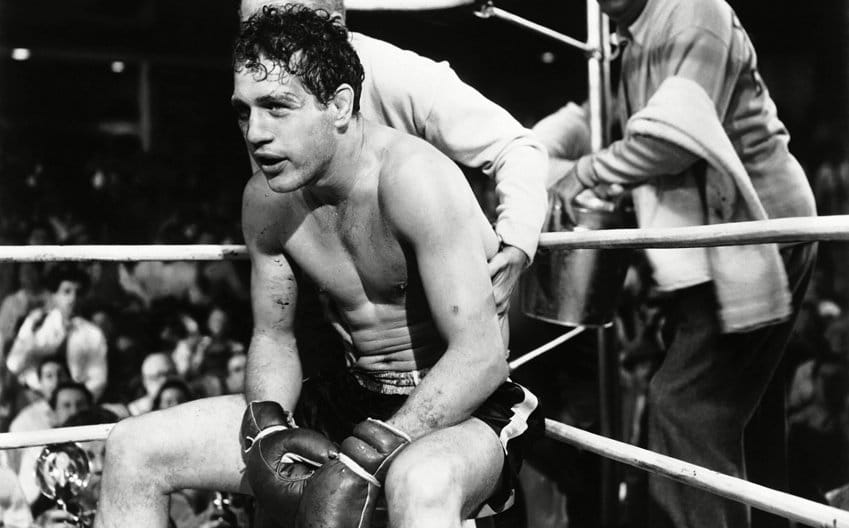The Slipped Disc daily comfort zone (125): Boxing
mainContinuing out sports cycle with that amazing opening guitar riff and the trumpet voluntary between verses.


Continuing out sports cycle with that amazing opening guitar riff and the trumpet voluntary between verses.

For 38 consecutive years, the Last Night of…

The Concertgebouw’s Mahler festival has its first jump-in….

The death has been made known fo Joel…

From an interview with BR-Klassik: The world of…

Session expired
Please log in again. The login page will open in a new tab. After logging in you can close it and return to this page.
Comments